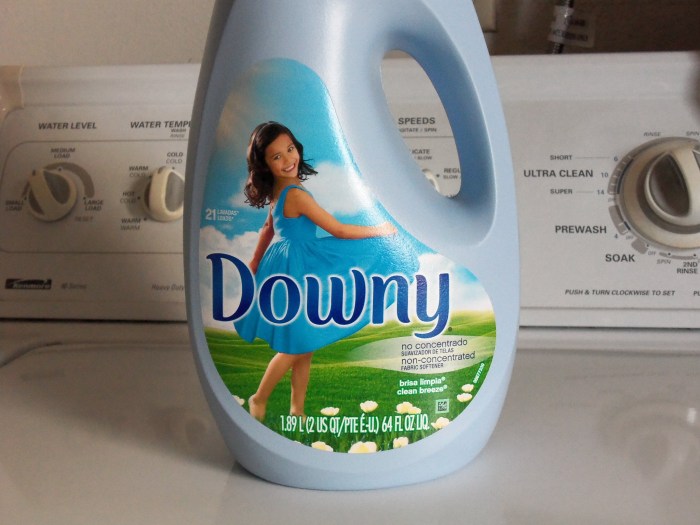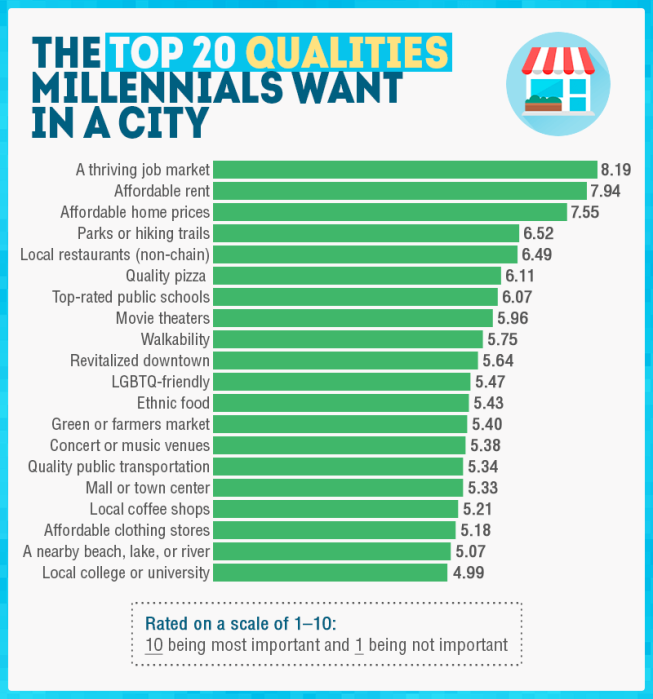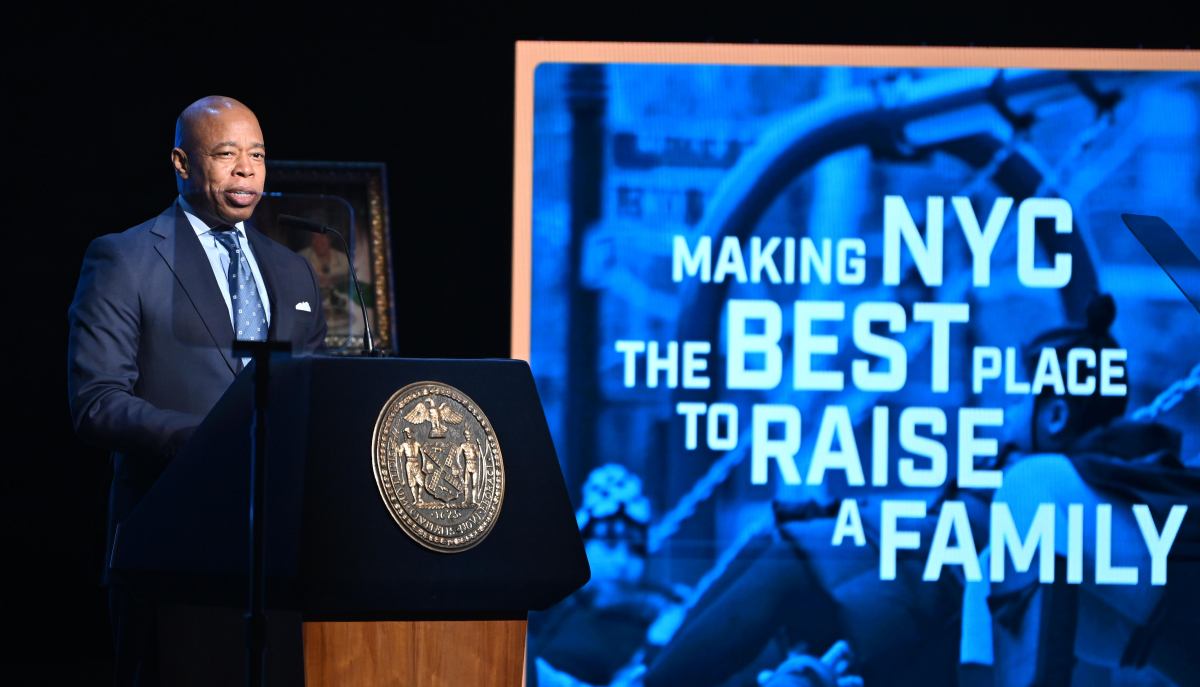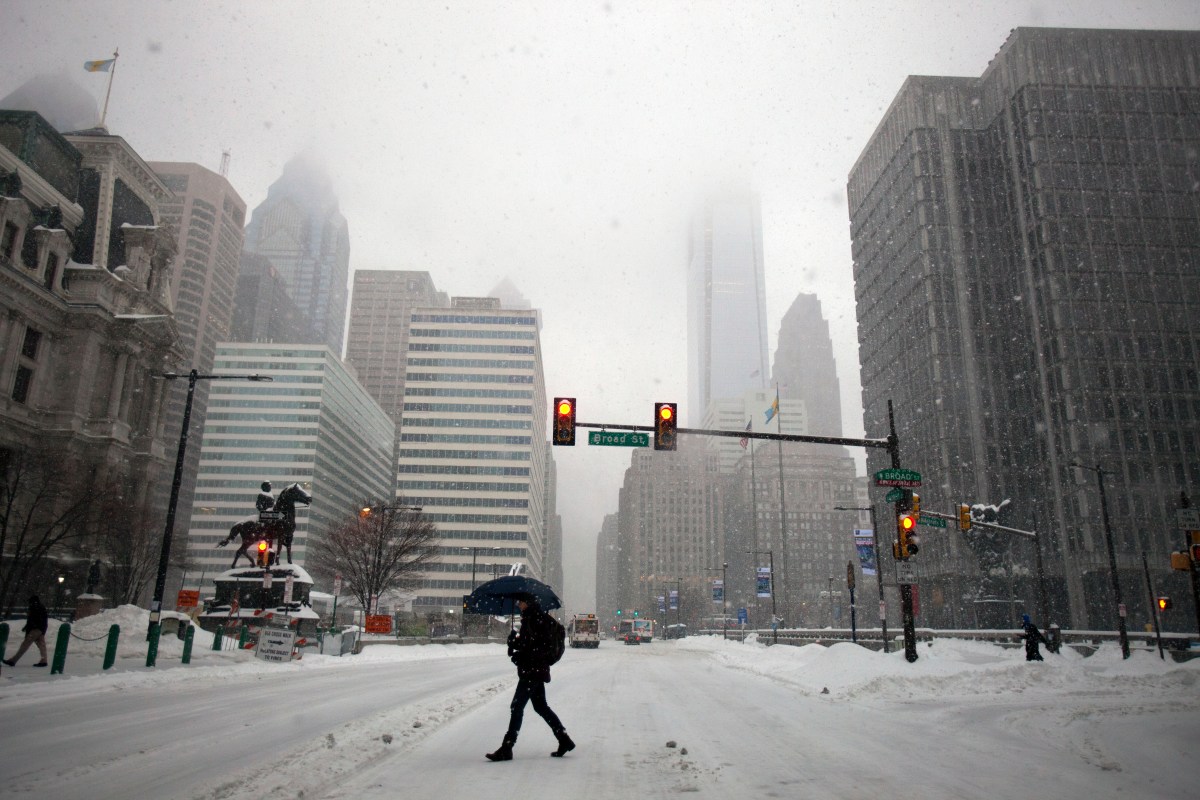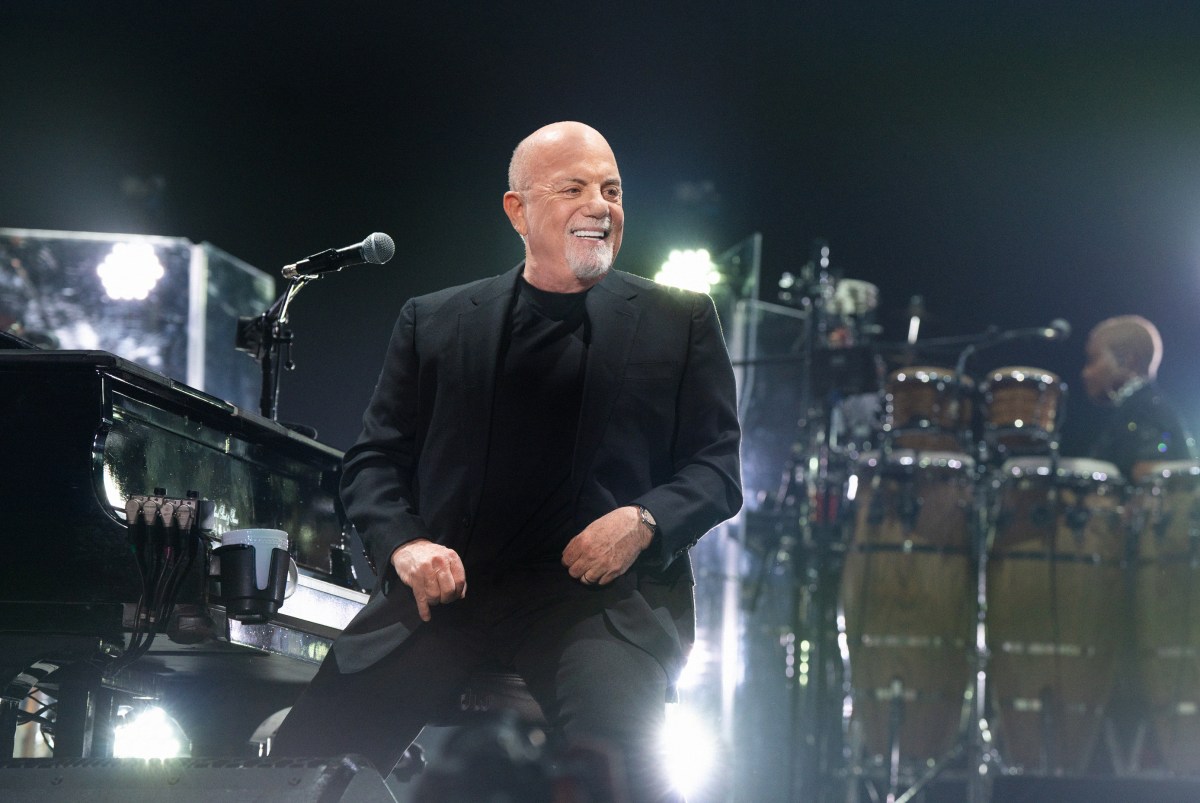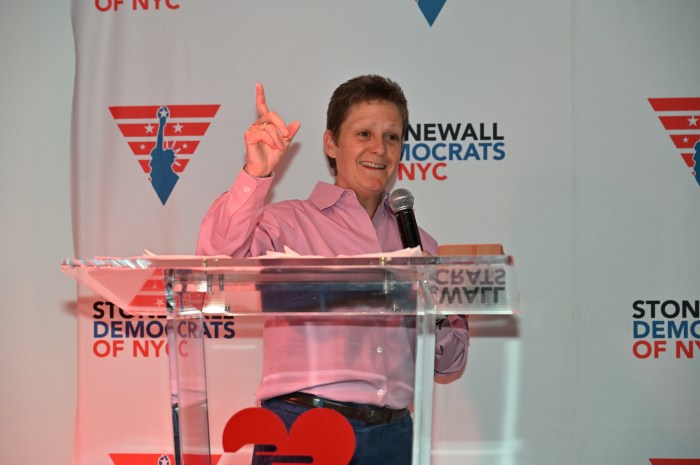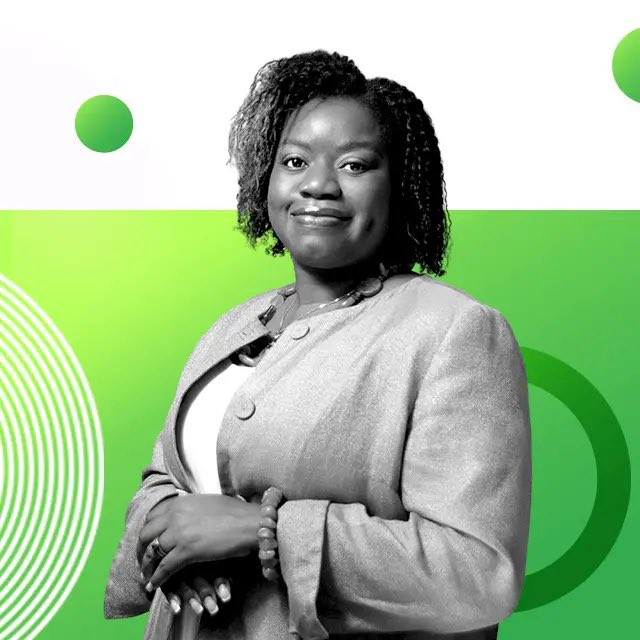Rudy Mulligan never expected she would trade in ten years of experience as a social worker for safety glasses, a tool belt and a hard hat.
Mulligan, 34, is one of the about 877,000 unionized members of New York City’s workforce. New Yorkers have historically supported organized labor even as national politics have marred their influence. RELATED: Fight for 15 and Black Lives Matter merge in Harlem rally Experts note that people Mulligan’s age — catalyzed by social movements focused on social and economic inequality — could turn the tide on a broader level as young workers bear the brunt of a slow economic recovery, hikes in personal debt and general dissatisfaction with government policy. “Occupy, Black Lives Matter, the DREAM Act, sexual assault on college campuses — there’s something going on with this generation,” said Ruth Milkman, a professor of sociology at the CUNY Graduate Center. “Millennials are much more pro-union than many older people, at least in polls,” Milkman added. “Nevertheless they’re much less unionized.”
A national The Pew Research Center poll in May noted both self-identified Democrats and Republicans between 18 and 29 years old held generally favorable views of union — only 29 percent overall held a negative opinion of unions. RELATED: PHOTOS: Occupy Wall Street celebrates fourth anniversary Unfavorable views grew to 40 percent once respondents hit 30 years old.
Jared Meyer, a Manhattan Institute fellow, told Metro New York the power of the social movements should not be downplayed. Still, he said he doubts they’d bring about a higher rate of unionization among millennials. Meyer explained many large players in organized labor have moved away from providing benefits to young members as they shore up pension plans for older members, and that young people have different career priorities than their parents and grandparents. “The American Dream looks much different for millennials,” Meyer said. “They’re much happier jumping around jobs. Stability doesn’t seem to be as as important as flexibility.” RELATED: New York artist sees Black Lives Matter art show as continuation of marches For Mulligan, however, it wasn’t until she was laid off from her first career path that she found a way to trade her Brooklyn apartment keys for a place of her own in Rockland County.
“I think I advanced my salary about $5,000 over the span of 10 years,” Mulligan said of her time as as social worker.
“People who were born in Gen Y or even Gen X — we don’t know unions the way our parents knew unions,” she said, adding her apprenticeship with the NYC District Council of Carpenters is her first foray into organized labor. “In this age when education is becoming more expensive and rent is going up, having a union job that makes sure you have a good wage gives you a chance to succeed in this city,” said Henry Cames, 23, a social worker in Manhattan. RELATED: Protesters march through lower Manhattan on MLK’s birthday Unlike Mulligan, Cames found a union job when he took a gig with a nonprofit focused on working with homeless and former substance abusers.
Cames, who belongs to healthcare union 1199 SEIU, said he — like Mulligan — doesn’t come from a union family, nor does he have many friends outside of work who are in organized labor. He know’s he’s in a minority of young New Yorkers. “But I think that’s changing. A lot of people don’t want to think about politics until there’s an issue that really affects them,” he said, acknowledging his own support for recent social movements including Occupy Wall Street and the Fight for $15 in minimum wages. “These are awakening a lot of young people to injustice,” Cames said. “You might as well get justice in your workplace.”

